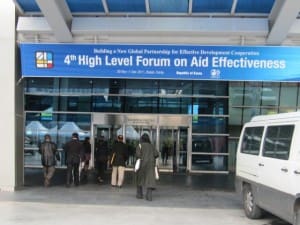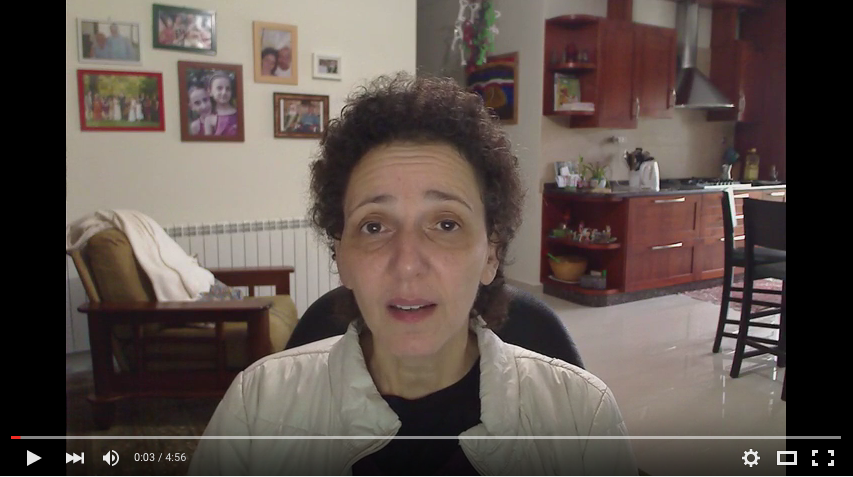This poem first appeared in This Week in Palestine’s themed issue on “Security in Palestine.”
I paid my privilege for a ticket, hopeful
that from 35,000
reality would shine blue and green,
not red and viscous.
I sought days without tach-tach,
nights free of children crying “auntie”
from a freezing caravan
under a GRM-enabled sign: Human Appeal UK.
Isn’t escape sometimes justified?
I recline, press “new releases” on my private screen
noting
that my compassion excludes
those who self-medicate with berry-flavored argila
at the cost of a chicken dinner for a family in Rafah.
Hypocrite. And naïve!
Return renewed? Ha!
If not to the physical front lines where kafiyas meet tear gas,
then to the psychic front lines where adrenalin meets exhaustion.
From which store in Manara Square does one buy renewal? In what currency is it sold?
Chicago, Yarmouk, Lesbos, Shuhada Street – there are too many fronts, too many fronts.
I realize now that I sought solace in a place
that is no more
or that only existed
in the imagination
of a white,
American,
child.
I realize now that I have returned to a place
that no longer exists
or perhaps only existed
in the fantasy of a foolish,
entitled,
optimist.
Hope is a fickle lover. It entices with curly hair tossed with fearlessness. Then it crumbles
into fet-a-feat when you can’t attend the funeral of Israel’s martyr du jour
because you can’t, because you just can’t, because you really just can’t.
The Intifada was pre-paid on a card bought in 10 shekel coins at the Jawwal kiosk,
but that does not mean we were prepared for the lights to go out.
In the dark, strategic options are obscure,
so,
shall we meet to discuss at that old café where the wi-fi is strong?

